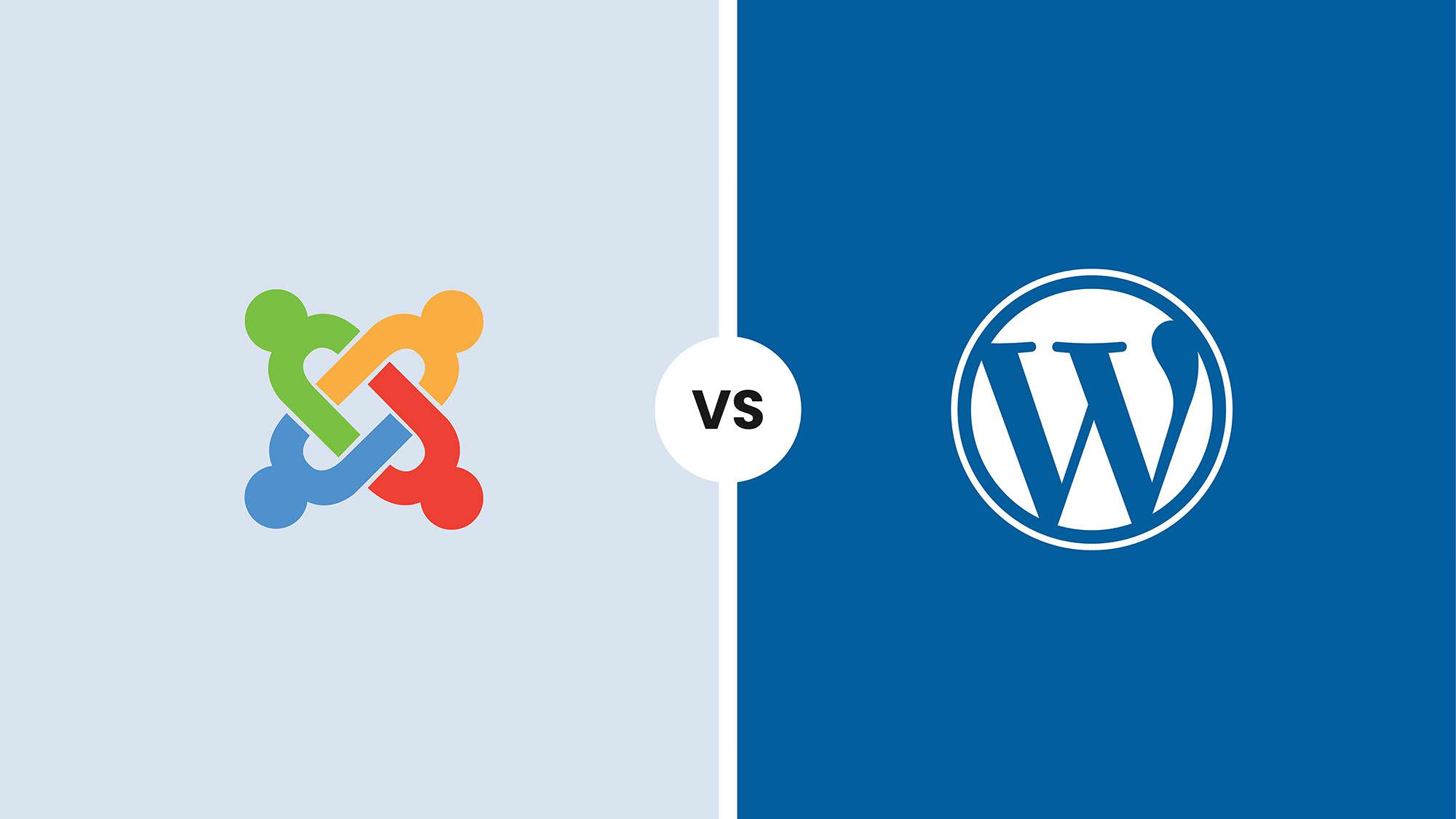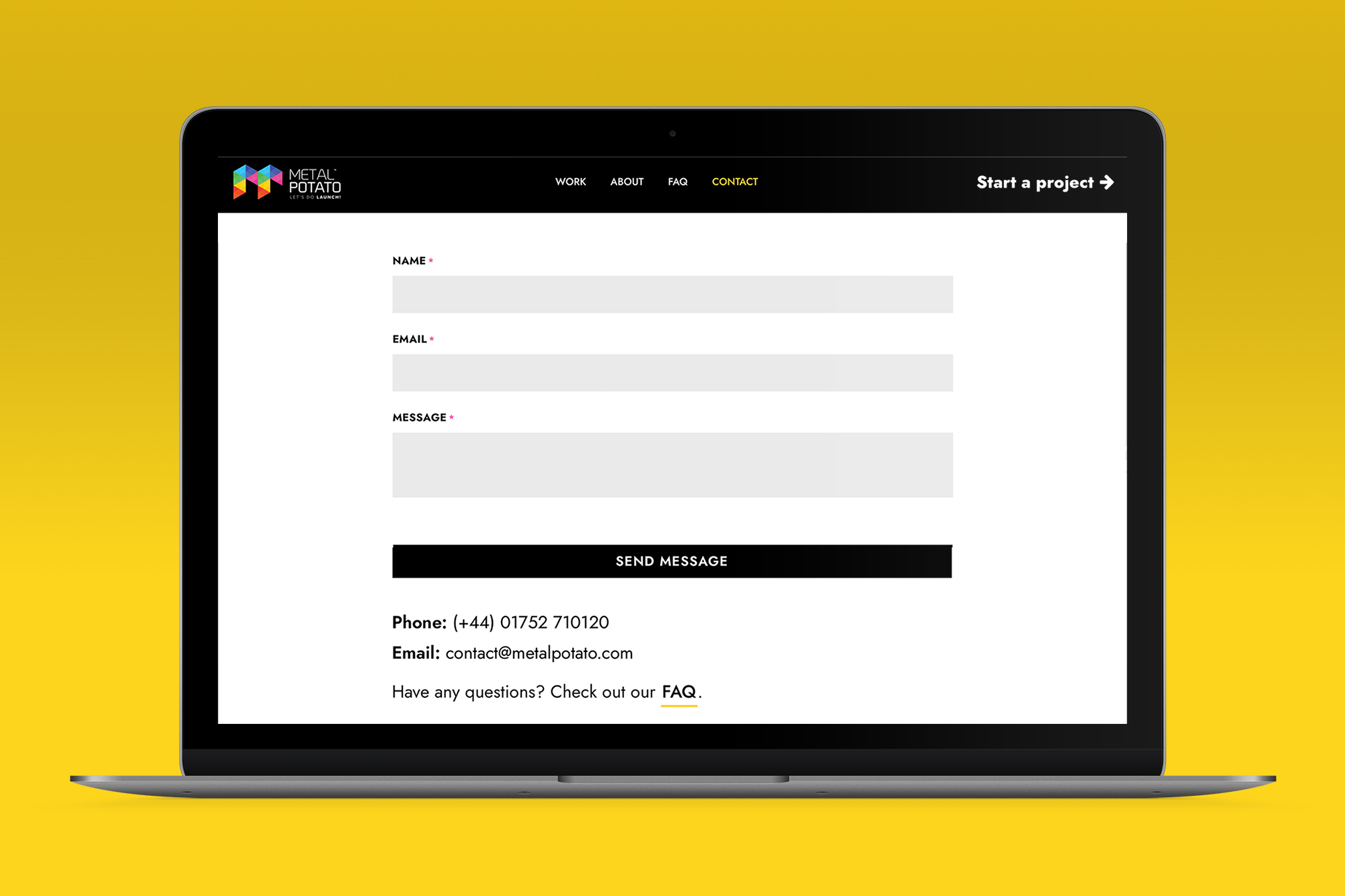The digital revolution has transformed the way we create, manage, and distribute content. At the heart of this revolution lies the Content Management System (CMS). A CMS is software that facilitates the creation, editing, organisation, and publishing of digital content on the web. It’s the backbone of many websites and blogs, allowing users to manage their content from a central interface, without needing to know complex programming languages.
CMS platforms are designed to be user-friendly, offering tools and features that make it easy to manage and update your website. They enable you to add new pages, publish blog posts, upload images and videos, and much more. In short, a CMS empowers you to focus on what truly matters: your content.
With a plethora of CMS platforms available today, choosing the best one can be a daunting task. Two contenders are often brought up in the discussion: Joomla and WordPress. They each have their own strengths and weaknesses, and each have a robust community of users and developers. But which one reigns supreme?
Overview of Joomla and WordPress
Joomla and WordPress are two of the most popular CMS platforms in the world. Both are open-source software, meaning they are free to use and can be customised to suit your needs.
WordPress, launched in 2003, originally started as a blogging platform but has evolved into a comprehensive CMS, powering over 40% of all websites on the internet. It’s known for its ease of use, extensive customisation options, and a vast repository of plugins and themes.
Joomla came into existence in 2005 and is considered more complicated than WordPress. However, it offers more advanced user management options and is ideal for social networking sites. It powers around 3% of websites worldwide.
Joomla vs WordPress: Ease of use
When it comes to ease of use, WordPress takes the cake. Its intuitive interface and easy-to-use dashboard make it easy for beginners to hit the ground running. Building a website with WordPress is as simple as choosing a theme and adding pages and posts.
Joomla, while not as beginner-friendly as WordPress, has a more complex interface that offers a higher level of control over your website. It requires a steeper learning curve, but once mastered, it opens up a world of possibilities.
Joomla vs WordPress: Customisation options
Both Joomla and WordPress offer a plethora of customisation options. WordPress boasts a huge library of over 55,000 plugins and thousands of themes. This allows users to easily extend the capabilities of their website and tailor its appearance to their liking.
Joomla also offers numerous extensions and templates for customisation. However, the number is significantly less than that of WordPress. Despite this, Joomla’s extensions are more versatile, allowing you to achieve more complex functionalities.
Joomla vs WordPress: Security features
Security is a top priority for any content management system (CMS), and WordPress, being widely used, often becomes a prime target for hackers. Nevertheless, WordPress boasts a strong security mechanism with frequent updates and an extensive range of security plugins. This combination of proactive maintenance and additional security measures helps fortify WordPress installations against potential vulnerabilities and ensures a safer online environment for users.
Joomla, too, has strong security features and releases regular updates to keep your site safe. It also has a set of built-in security extensions. However, both platforms require the user to play an active role in maintaining their site’s security.
Joomla vs WordPress: SEO capabilities
WordPress has gained a reputation for its exceptional SEO capabilities, offering a range of powerful plugins. The most popular of which is Yoast SEO. These plugins empower users to easily optimise their WordPress websites for the best possible results within search engine results pages, enabling them to enhance their website’s visibility, improve rankings, and attract more organic traffic.
With intuitive features and user-friendly interfaces, WordPress simplifies the process of implementing SEO best practices, making it an ideal choice for those seeking to maximise their website’s online presence.
Joomla, while not as SEO-friendly as WordPress out of the box, offers several powerful extensions for SEO. However, it requires a bit more manual work compared to WordPress.
Joomla vs WordPress: Performance and speed
Optimising website performance and speed is vital for both user experience and SEO. Both Joomla and WordPress offer a wide range of plugins and extensions specifically designed to enhance site speed and performance. However, it’s important to note that performance is influenced by various factors, including the hosting provider chosen, the theme used, and the number of plugins installed.
Selecting a reliable hosting provider, utilising lightweight themes, and being cautious with the number and quality of plugins can significantly impact website performance, ensuring faster loading times and smoother browsing experiences for visitors, ultimately benefiting both users and search engine rankings.
Joomla vs WordPress: Community and support
Both Joomla and WordPress have large, active communities of developers and users. WordPress, due to its larger user base, has a bigger community and a vast array of tutorials, forums, and resources.
Joomla, while smaller in comparison, also has a dedicated community, and its documentation is thorough and comprehensive.
Successful websites using Joomla and WordPress
Several successful websites have been built using both Joomla and WordPress. Harvard University, The Hill, and Linux.com are examples of sites powered by Joomla.
On the other hand, companies such as The White House, BBC America, The New Yorker, Walt Disney and TechCrunch use WordPress. You can read more about this in our article 6 World-Class Websites That Rely on WordPress.
Which CMS reigns supreme – Joomla or WordPress?
Both Joomla and WordPress are powerful CMS platforms with their unique strengths. Joomla offers advanced user management and is ideal for social networking sites. WordPress, on the other hand, is easy to use and has extensive customisation options.
So, which one reigns supreme? It depends on your needs. If you want a simple, user-friendly platform with extensive customisation options, WordPress is the way to go. If you need advanced user management and don’t mind a steeper learning curve, Joomla is a great choice.
Feeling overwhelmed with all the information? Do you need help building a WordPress-based website that will help you succeed online? With our expertise, you can focus on what you do best – running your business. Reach out to Metal Potato today and discover the ways we can support you.
Let's make a website!
Book a FREE video call to discuss your business, project strategy, and more!
"*" indicates required fields
More from Metal Potato
5 Essential WordPress Security Plugins
Boost your website's defense with top-rated WordPress security plugins. Ensure ultimate protection against cyber threats today!
Contact Page Design: A Blueprint for Success
Learn how to optimise your contact page for better engagement and conversions with expert tips and inspiring examples.
The Power of a WordPress Support Retainer
Elevate your site's performance with a WordPress support retainer – expert maintenance, and guidance for success!
How to Launch a Podcast on WordPress
Launch your podcast on WordPress: from equipment selection to SEO optimisation, follow our guide for a successful podcast journey.
10 Compelling Reasons to Choose WordPress
Discover why WordPress is your ultimate website platform choice! Free, customisable, and supported by a thriving community.
6 Essential Tips for WordPress Website Owners
Boost WordPress site: backups, updates, style guides & more for top performance, security & user experience!






